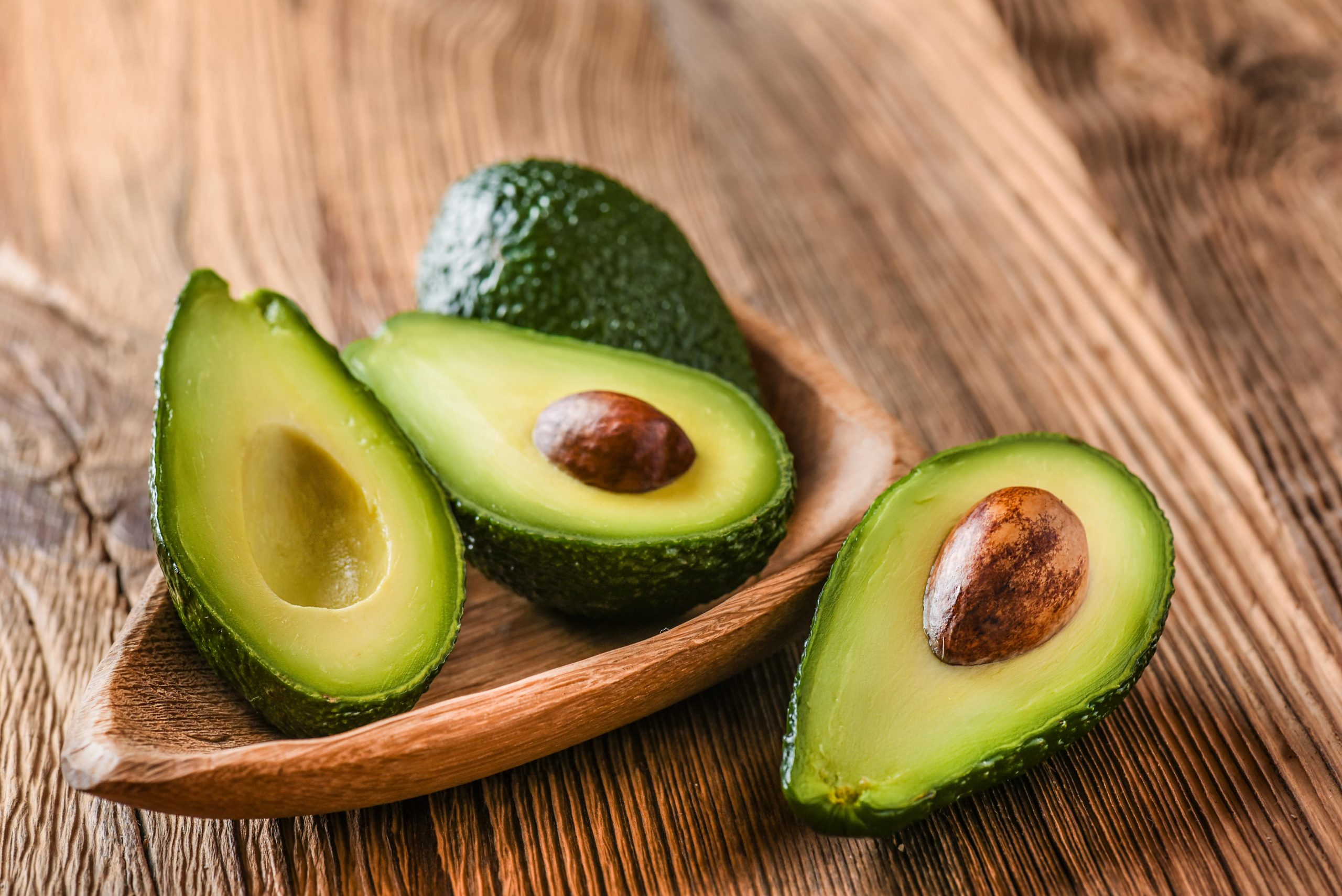Avocado is a creamy fruit with healthy fats and a rich nutritional profile. Knowing facts about it, the health benefits, and some precautions linked to it helps you handle it better.
Avocado is adelicious and unique fruit with healthy fats and carbohydrates useful to the body. Most are yellow in the inner part, while the cover can be either green or black, depending on the type, and either smooth or rough. Some are watery, while others arefatty;big or small. You can make several recipes using avocados, includingsmoothies, salads, sandwiches, or transformed guacamole.Below are some important facts about avocado, its health benefits, storage, and much more about it. Keep reading to get the gist.
Nutritional facts
A nutritious 80g avocado has:
- 6 grams fiber
- 56 mg of vitamin E
- 360mg potassium
- 5g of carbohydrates
- 153 Kcal
- 6g fat
What are the health benefits of avocado?
This yummy fruit has lots of carbohydrates and healthy fats that are useful to the body. Here are some of them;
1. Lowers cholesterol levels
When you take lots of avocados, you lower your body’s cholesterol and triglyceride levels. High cholesterol amounts usually result in heart problems, highblood pressure, and other diseases. Avocados also increase the levels of good cholesterol, making them suitable for vegetarians.
2. It helps in losing weight.
Avocados are rich in fiber, which feeds the bacteria in the intestines, helping the body attain optimal functioning. Moreover, fibers help one lose body weight, besides boosting metabolism. Moreover, fibers mix with food to form a gel-like substances that slows down bowel movements, allowing more time for digestion. This reduces the amount of food taken, contributing to weight loss.
3. Prevents cancer
Avocados havea compound called folate that may help reduceone’s risk of getting colon, stomach, cervical, or pancreatic cancers. However, the mechanism behind this has not yet been established. In addition, the phytochemicals and the carotenoids in the avocado have anticancer properties. Manystudieshavebeen done, and have been proventhat taking lots of avocados will lower one’s chances of getting breast, throat, and oral cancers, although theyhave not been tested on human beings.
4. Supports fetal health
The fatty acids in avocadosare healthy and help in fetal developmentand the pregnant mother’s health. When the mother takes enough folate, around 600mcg, she is likely to reduce the chances of miscarrying and the neural birth tubes. You should note thatavocado has 150mcg of folate.
5. Fights depression
Several studies have shown that when the folate level is low, one can suffer from depression. However, taking an avocado will likely reduce yourchances of getting depression due to its high folate content. Besides, folate minimizes the build-up of Homocysteine, a substance that can prevent the circulation of the nutrients to the brain, resulting in depression and the production of serotine and dopamine hormonescontrols sleep, mood, and appetite.
6. Improves digestion
The high natural fiber content of 12-15 grams in avocados can prevent constipation. Besides, thefibers help maintain ahealthy gut and reduce the chances of one getting colon cancer.
7. Improves your vision
The eyes have lutein and zeaxanthin tissues whose tissues contain antioxidation properties that minimize the eyes’ damageby UV light. The fatty acids in the avocado help absorb antioxidants such as beta carotene. Therefore, if you add avocado to your diet, you will likelyreduce yourchances of getting macular degeneration when aging.
How will you identify a good avocado?
There are many avocados in the world. Some have rich, healthy fats, while others are watery than usual. Below are tips to consider when choosing avocados.
- The avocado should be heavy
- Don’t choose an avocado with bruised or loose skin
- An unripe avocado should feel solid and will be hard when you press your fingers. However, ripe oneswill be soft and gentle.
- You can buy an unripe avocado and let itripen at a room temperature
- You can enhance the ripening speed by putting them in a paper bag or a bowl with bananas
- Put it in a fridge to slow the ripening process should the need arise
Side effects and precautions
When you eat avocados without moderation, you are likely to gain unnecessary weight since they have many fats. Besides, when you concentrate on one type of food, you will miss out on theessential nutrients in other meals, affecting your health.Avocados have vitamin K, which can affect blood thinners and the clotting process. Therefore, if you are taking vitamin K supplements or thinners, you need to limit your consumption of this fruit. In addition, somepersons are allergic to avocados, and if you are among them, consider making its consumption moderate.
How can you storeyour avocado fresh for longer periods?
Sometimes you might find it hard to finish a whole avocado, and you don’t want to throw the other piece. You have to figure out a way of storing it to let it stay for longer. Here are tips I usually try;
Thefreezing method;involvestakingalemon and dividing it into two, squeezing the juice over the exposed part of the avocado, then gently placingit in a plastic bag or a zip-lock bag, indicating thestorage date.
Themashing method; involves puttingthe remaining pieces of avocado in a bowl using a spoon and squeezing some lemon juice on the avocado. Using a fork or a spoon, the mixture is mashed vigorously, then put in the freezer after covering it. This method will prevent the avocado from browning and keeps the fruit fresh for days.
Final verdict
Avocados have several nutritional benefits, including weight loss, and one should consider adding them to hisdaily diet. It also addshealthy fats to your heart; hence, you can always eat them. However, you should always take precautions if you see any allergic symptoms like itchingandrashes. Moreover, if you have a latex allergy, there might be high chances of being allergic to avocados, and you might have to seek medical advice.
- Our Big Kitchen’ (OBK) is a non-profit organization located in Sydney, Australia - April 10, 2023
- Duos CBD, a hemp product E-commerce website - April 10, 2023
- SOFA SPOONING SEX POSITION - April 7, 2023









